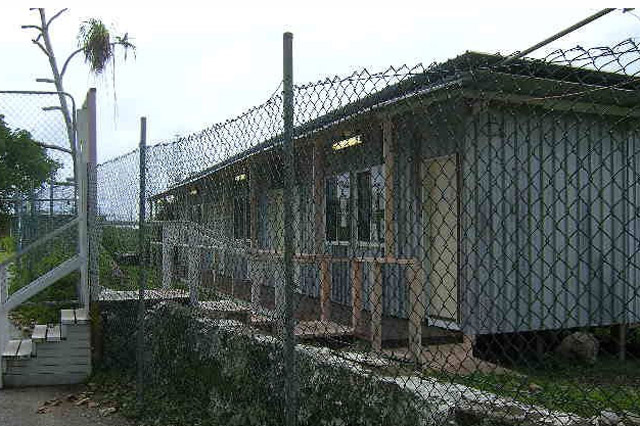 The international community are becoming increasingly critical of Australia’s offshore immigration detention centres. However, have we gone too far to be able to identify why the international community perceives this as a serious moral issue?
The international community are becoming increasingly critical of Australia’s offshore immigration detention centres. However, have we gone too far to be able to identify why the international community perceives this as a serious moral issue?
A strong rhetoric of preservation has developed over the past twenty years. This rhetoric created the type of polarised humanitarian values which exist today. The preservation of life has been divorced from preserving the quality of life for refugees. It is this axiom that justifies the continued existence of offshore detention. We find ourselves at a fork in the road amid increasing pressure to abandon the current model. With reports of aid organisations and journalists facing intimidation and cases of horrific maladministration, this is not the targeted humanitarian issue that it once appeared to be.
When the Pacific Solution was reinstated in 2012 it received support from both sides of Australian politics and the community. It was undeniably a hard-line approached but believed to be justifiable. Julia Gillard, former Prime Minister, recently stated that the reopening of offshore detention had a ‘humanitarian underpinning’ focused on saving lives at sea. But the value of human life is more than a numbers game of lives lost at sea. This form of utilitarian reasoning has now reached a moral crucible where common sense needs to prevail over precedent.
In July, a young female was raped in Nauru. Her name, background and mental trauma is unknown. Known only as ‘Abyan’, the pseudonym for a Somalian refugee, she is isolated on a tiny island state with a population of only around 10,000. The OHCHR reports that she has been ‘deeply traumatised by her experiences since the day of the alleged rape’ and ‘she has refused to give information to the Nauru police about her attacker because she is understandably afraid of reprisals’.
The OHCHR is highly disturbed by the poor response to a significant rise in sexual assault and rape allegations. It is highly disturbing that a fear of reprisal is actually a tangible concern. These crimes are simply not being punished and this impunity will only increase the commission of sex offences. Suffering victims are either ignored or removed from their families to receive medical treatment. At what point will this moral issue be assimilated into the ‘humanitarian underpinning’ of policy making?